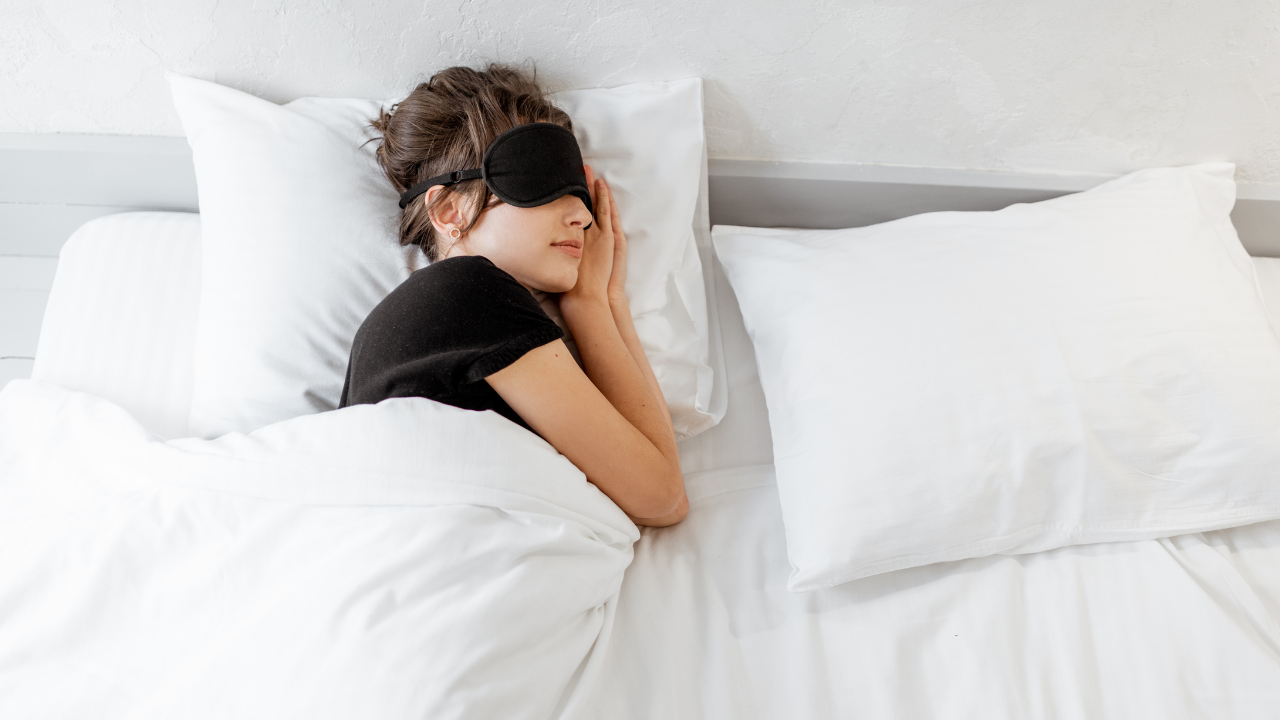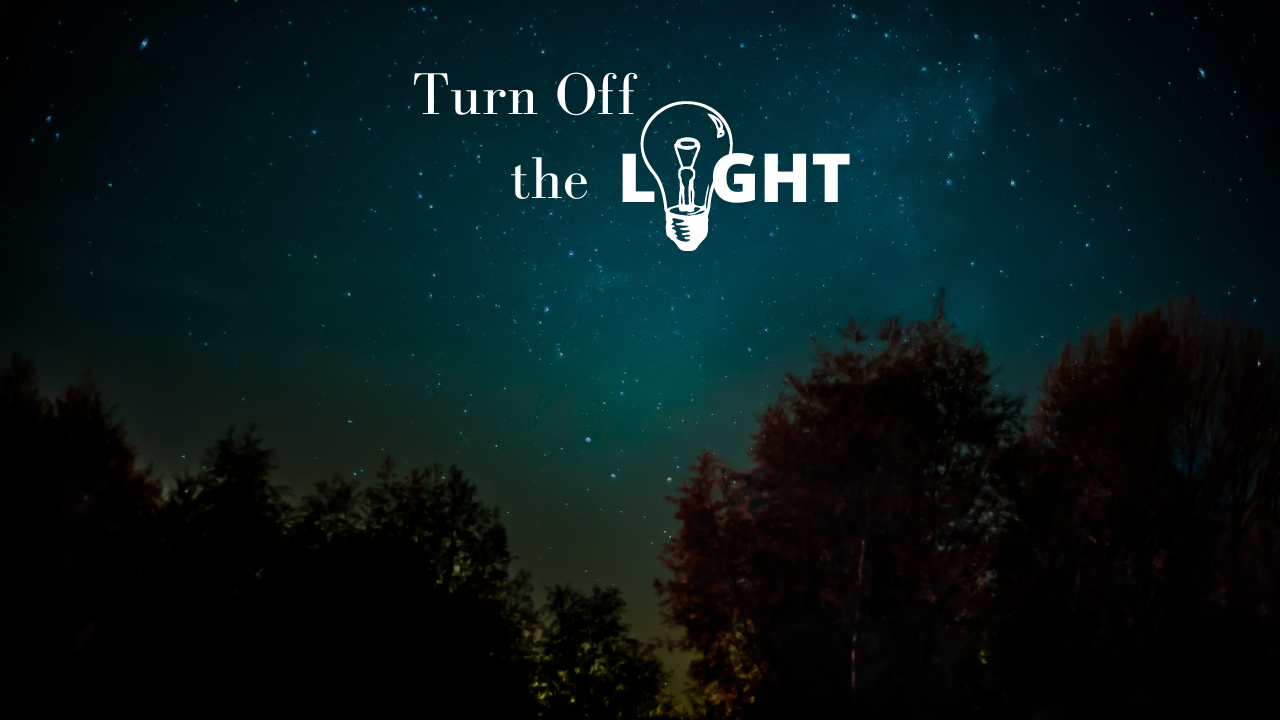Blog
The Restorative Power of Sleep: A Vital Component for Cognitive, Brain, and Mental Health

In the quest for optimal health and well-being, it's easy to overlook one of the most powerful and accessible tools available to us: sleep. Sleep is not merely a state of rest; it is a fundamental pillar of good health, particularly when it comes to cognitive, brain, and mental health. For those navigating the challenging waters of any emotionally turbulent season, sleep becomes even more critical. In this article, we will explore why sleep is the most important piece in a person's health journey, especially for managing cognitive functions, brain health, and mental well-being amidst the complexities of post-traumatic stress disorder.
Sleep and Cognitive Functions
Think of your brain as a well-tuned orchestra, with different cognitive functions working in harmony to create a seamless symphony. Now, imagine what would happen if one instrument were out of tune - the whole performance would suffer. Similarly, when we lack sufficient sleep, our cognitive functions are affecte
...How to Balance Hormones through Optimizing Sleep

It's no secret that hormones play a critical role in our overall health and well-being. However, many people are unaware of the direct correlation between sleep patterns and quality of sleep to hormone imbalances. Over the years, research has shown that there is an intimate connection between the gut-brain axis and hormonal balance. When the gut microbiome (collection of bacteria, viruses, and small organisms that live in the gut) becomes out of balance and populated with more hurtful than harmful microbes, it can cause disruption throughout the entire body.
Our hormones are one of the many facets to our wellbeing that become incredibly imbalanced with an imbalanced gut. While it may seem that the best place to start is looking at the microbes and gut function, we have actually determined that addressing sleep quality is the most important place to start when trying to resolve gut and hormone imbalances. Science reveals that after just one night of poor sleep, we experience a mi...
The Dental, Upper Airway, Sleep Health Connection

We all know that the quality of our sleep is important for overall health, but few people are aware of just how much it can affect us. Sleep deprivation has been linked to a range of chronic illnesses, including heart disease, brain and mental health decline, neurological issues, hormone imbalances, diabetes, and more. But what many don't realize is that these ailments may be rooted in underlying issues such as airway obstruction or poor dental structure.
At Texas Center for Lifestyle Medicine (TCLM), we understand the complex relationship between your physical health and its connection to your lifestyle choices, genetics, and environmental exposures — and we’re here to help you uncover the root cause of your chronic conditions. Through collaboration with experts in orthodontics, sleep specialists, airways specialists, and myofascial experts, we can develop customized treatment plans tailored specifically to your needs — so you can start living a healthier life!
We have seen so...
Use Light Exposure to Hack Your Sleep Cycle and Alertness

Light is THE most important information for our bodies to determine wakefulness and sleep quality. Light exposure feeds our cells the data that controls our circadian rhythm, or sleep-wake cycle. By avoiding and allowing light exposure at specific times of the day, we can manage the quality of sleep we achieve, our level of wakefulness and alertness in the day, and support our natural body rhythms!
How does this work? Here is a glimpse into the intricate and brilliantly designed mechanisms involved! It begins with the eyes. The suprachiasmatic nucleus contains neurons, located in the back of the eye, which function in tandem with our internal body clock. When we are exposed to light, especially blue light or sunlight, these neurons signal a cascade that promotes alertness. Part of this cascade involves releasing cortisol, a stress hormone, which should peak in the morning to get us going for the day. Another major facet of this biological mechanism is the control of melatonin, the ...
